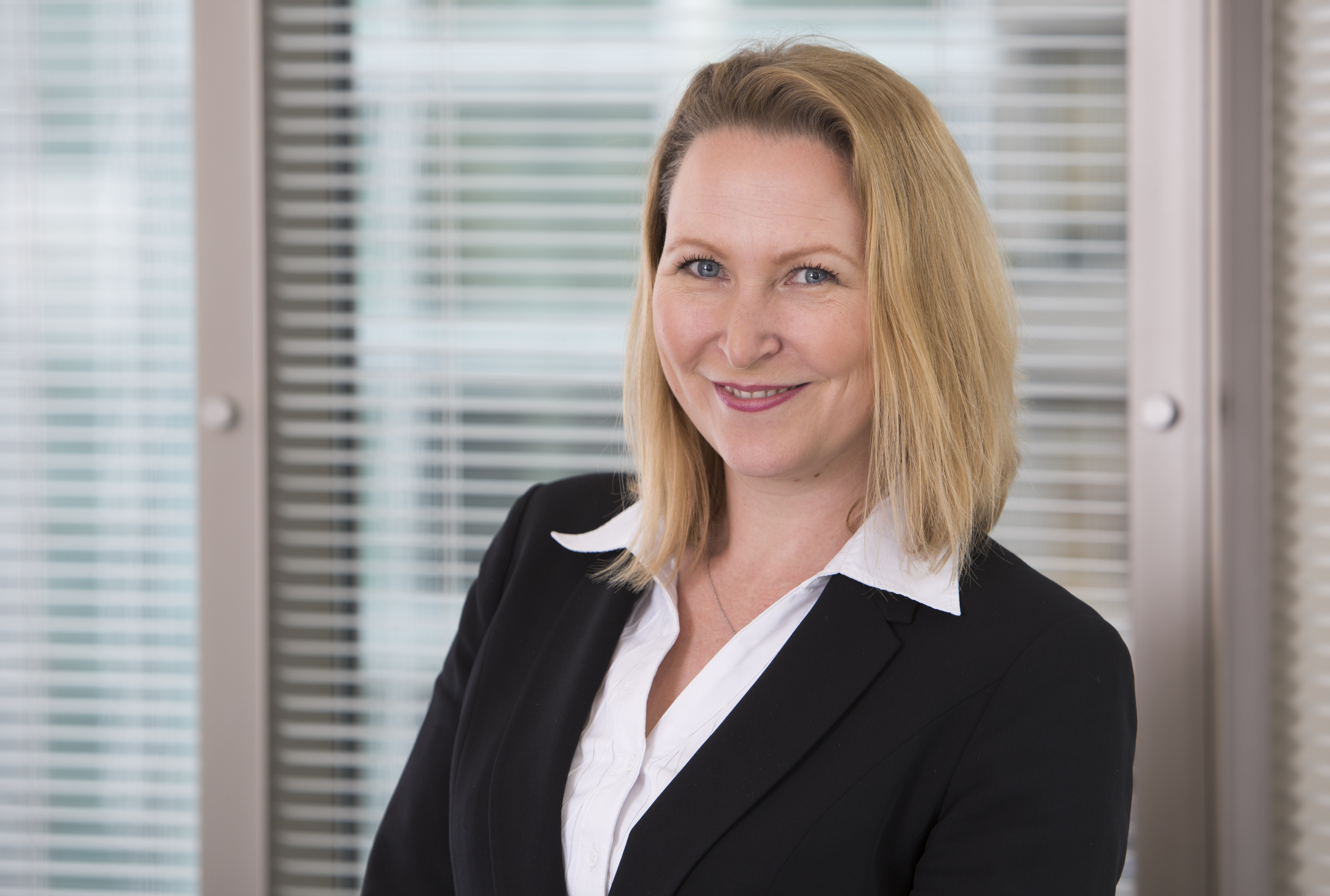Case study overview
Barbara Welch may have chosen to build a career in civil engineering after a career’s advisor told her “construction isn’t for women”, but over the last 25 years she worked all over the world on some of the most recognisable and iconic buildings
I probably wouldn’t have stayed in engineering if I hadn’t had the opportunities the award afforded me. It was life changing.

Building a future in international construction
Barbara studied at the University of Manchester Institute of Science and Technology (UMIST) and joined the university air squadron, flying in her spare time. “My degree was quite full on but I managed to juggle the two,” she says. While joining the RAF had always been on her radar, she recognised that an engineering degree could be an excellent foundation for all sorts of opportunities and decided to explore them further by applying for the ELS programme.
Barbara used the award money to fund international work experience placements. “I learnt I could use my engineering degree in construction to work anywhere in the world. I’ve done that to the max,” she says. Her first stop was Sydney to see the construction of the Olympic Stadium, before taking in Hong Kong’s new airport. Barbara also completed a leg of the tall ship circuit, which she says was a good lesson in teamwork and leadership.
Working collaboratively
The work experience gave Barbara an insight into what she liked and didn’t like in the construction industry, including claims-orientated projects. “I thought we [engineers] should be working more collaboratively to build better value for clients and not wasting money on legal disputes and claims,” she says. So, when she was offered three jobs, she chose Mace – a company she has now been with for 28 years – because her philosophy, values and ethos aligned with the company’s vision for the industry.
Barbara first worked on a rail project in Buckinghamshire, before working on redevelopment projects in the centre of Manchester. These included the redevelopment of the famous Haçienda nightclub, although she concedes that “it was sad to demolish a building I used to party in at university”. After seven years of project and construction management in the UK, Barbara moved to Asia where she worked on casinos in Hong Kong and Macau, as well as projects in the Philippines, the Maldives and Singapore.

A palace fit for future generations
She then moved to Russia and worked throughout Eastern Europe, before returning to London to run Mace’s business in western Europe. “If you work in construction you can work anywhere,” she says – and that now includes HM The Queen’s London residence.
Barbara is currently seconded to the Royal Household as Programme Director leading Buckingham Palace’s £369million reservicing programme. The project has 100 miles of cabling, 30 miles of pipework, 6,500 sockets, 2,500 radiators and 5,000 light fittings to check and update, some of which have not been upgraded since the Second World War. The ambitious programme will be delivered in phases over 10 years, while maintaining business as usual in the palace.
Advice from a Fellow
Barbara was recently appointed a Fellow of the Academy, in recognition of her outstanding and continued contributions to the field of engineering. As a Fellow, she joins the nation’s most eminent engineers on a mission to use the power of engineering to build a sustainable society and create an inclusive economy that works for everyone. “It is a tremendous honour to have my contribution to engineering recognised by the Academy,” she says. “I would not be where I am today without the ELS, which was pivotal and provided a solid foundation upon which I have built my career.”
Barbara believes ELS applicants learn a lot about themselves simply by completing the application form and will meet some amazing people during the election process. “No experience is bad experience,” she says. “Even if you’re unsuccessful, you’re better than you were, and if you’re successful, the award can be life changing."
“Speak to people. Get advice. Get lots of it,” she says. “Listen, but then be selective which advice you follow, because only you know what is best for you and what you are truly capable of.” Barbara urges young engineers to dream big and set goals and objectives. “Dreams are just reality waiting to happen,” she adds.
Interested in participating in the Engineering Leaders Scholarship?
Visit the programme pages to find out more about how it could benefit you and your career.
